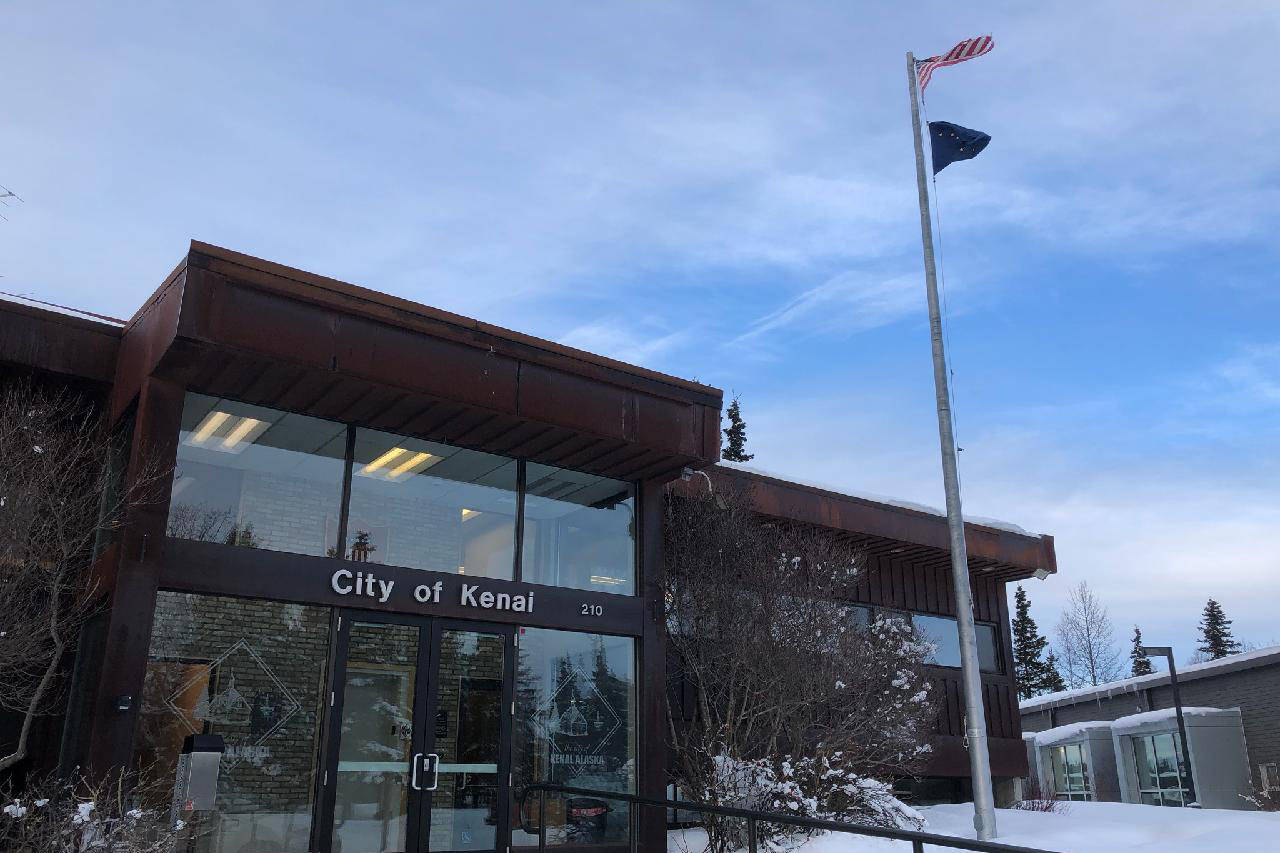Kenai residents who have taken advantage of the city’s utility relief program during the COVID-19 pandemic will have 60 days from the expiration of the city’s disaster declaration to enter into a payment plan with the city to pay off their balance.
That plan was approved by the Kenai City Council during their April 7 meeting.
Kenai City Attorney Scott Bloom said Thursday that he thinks the alternative selected by the council was the fairest option of the three he presented in February. Other options proposed included forgiving the debt owed to the city and having the city do nothing.
Bloom and council members expressed a desire during their Feb. 3 meeting to choose an alternative that did not cause further financial hardship for residents who were already having trouble making utility payments. At that meeting, the council reached a consensus that the 60-day grace period and payment plan option was the best way to move forward.
“If the emergency declaration expires, Terry [Eubank] and I are bound to follow code,” Bloom said during that meeting. “When it expires we would have people who are very delinquent, it would trigger a notice and then potentially a shut-off.”
The ordinance passed on Wednesday suspends that procedure.
Bloom said that guidance from the initial round of CARES Act funding prohibited municipalities from using the funds to pay themselves, which they would be doing by using funds to cover city utility payments. Doing nothing would have made delinquent accounts due with penalty and interest on past due amounts.
The city codified water and sewer shut-offs via an executive order issued by Kenai City Manager Paul Ostrander last March. That order said that utilities would not be shut off for customers who certified that they had been negatively impacted by the COVID-19 pandemic, nor would money owed to the city accrue penalty and interest.
The order will expire with the city’s disaster declaration, which the council voted last month to extend to the end of May. Kenai’s disaster declaration was first issued in March of 2020 and has since been extended six times.
According to a memo sent from Bloom to the council at the end of February, there were 29 utility accounts that had completed the impact paperwork to take advantage of the program. The cumulative balance on the accounts was about $21,000. As of Thursday, there were 26 accounts whose owners had taken advantage of the program with a total balance of $21,855.65.
Bloom also noted that other programs, not offered by the city, aimed to use CARES Act money to help Alaska residents with rent and utility payments. Data provided to the city from the Alaska Housing Finance Corporation shows that of 413 households who applied for the Kenai Housing Relief Program, 275 qualified. In total, just over $1 million in program funding had been paid to landlords and mortgagors with households averaging about $927.09 in monthly assistance.
Bloom also noted that another wave of financial relief from the American Rescue Plan will likely see further financial assistance programs offered to Alaska residents.
More information about utility payment options can be found at kenai.city.

